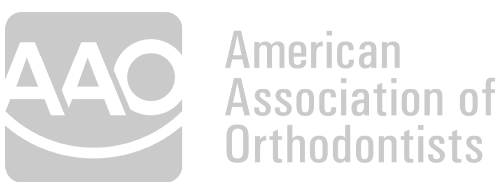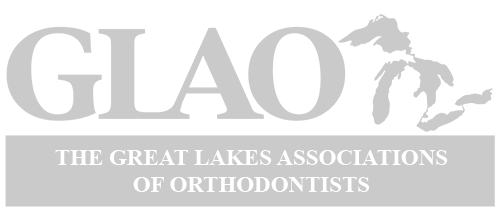Frequently Asked Questions
Below you'll find some of the most common questions we get asked.
Orthodontics (also referred to as dentofacial orthopedics) is a specialized form of dentistry focusing on the diagnosis, prevention, and treatment of dental and facial abnormalities.
An orthodontist is a dental specialist who has received two to three years of additional training and experience. Your orthodontist is able to straighten teeth, correct misaligned jaw structure, and improve the function of your smile.
Only your dentist or orthodontist can determine whether you can benefit from orthodontics. Based on diagnostic tools that include a full medical and dental health history, a clinical exam, plaster models of your teeth, and special X-rays and photographs, an orthodontist or dentist can decide whether orthodontics are recommended, and develop a treatment plan that’s right for you.
If you have any of the following, you may be a candidate for orthodontic treatment:
- Overbite, sometimes called “buck teeth” — where the upper front teeth lie too far forward (stick out) over the lower teeth
- Underbite — a “bulldog” appearance where the lower teeth are too far forward or the upper teeth too far back
- Crossbite — when the upper teeth do not come down slightly in front of the lower teeth when biting together normally
- Open bite — space between the biting surfaces of the front and/or side teeth when the back teeth bite together
- Misplaced midline— when the center of your upper front teeth does not line up with the center of your lower front teeth
- Spacing — gaps, or spaces, between the teeth as a result of missing teeth or teeth that do not “fill up” the mouth
- Crowding — when there are too many teeth for the dental ridge to accommodate
Braces are used by your orthodontist to help you improve the look and feel of your smile. There are several different types of braces to choose from, including:
- Clear braces
- Ceramic braces
- Lingual braces
- Self-ligating braces
- Invisible braces
- Traditional metal braces
The amount of time spent in braces will vary depending on the individual patient, because every smile responds differently to treatment. Treatment times can take anywhere between six and 30 months, but most standard treatments take about 22 months.
Braces do not often hurt though you may feel a small amount of discomfort for a couple days as your teeth, gums, cheeks, and mouth get used to your new braces.
With braces, you should brush your teeth at least three times a day to keep your teeth, gums, and mouth healthy and clean. Brushing regularly will help remove any food that may be caught between the braces. You should also floss daily to get in between your braces where your brush isn’t able to reach. Your orthodontist can show you how to properly brush and floss once your braces are placed.
Yes! In fact, it’s even more important that patients receiving orthodontic treatment visit their dentist regularly. With braces, food may be caught in places that your toothbrush can’t reach. This causes bacteria to build up that can lead to cavities, gingivitis, and gum disease. Your dentist will work closely with your orthodontist to make sure that your teeth stay clean and healthy while wearing braces.
Here are a few essential tips to take care of your teeth while wearing braces or a retainer:
- ALWAYS remember to brush your teeth after every meal and floss at least once a day.
- Make sure to use toothpaste that contains fluoride, and ask your orthodontist or family dentist if you need a fluoride rinse. This will help prevent cavities!
- If you take out your retainer to eat, make sure you brush your teeth, floss, and remember to keep it safe in its container so that it does not get lost or broken.
- Keep your retainer clean, too, by brushing it gently with a toothbrush and toothpaste. You may also soak it in denture cleaner as instructed by your orthodontist. Do not put your retainer in boiling water or in the dishwasher.
- During your treatment, try to avoid foods with a lot of sugar, which increases the amount of bacteria that grows in your mouth, causing more plaque and possibly cavities.
- Avoid sticky and chewy foods (caramel, chewing gum, gummy bears), hard foods (hard candy, nuts, ice cubes), or any foods that could possibly get stuck in your braces (corn on the cob, soft bagels, ribs, taffy, etc.).
- Be sure to schedule your routine checkups with your family dentist. It is recommended that you continue to visit the dentist every six months.
Playing an instrument or a contact sport may require some adjustment when you first get your braces, but wearing braces will not stop you from participating in any of your school activities. If you play a contact sport, it is recommended that you wear a mouthguard to protect your braces or appliance.







